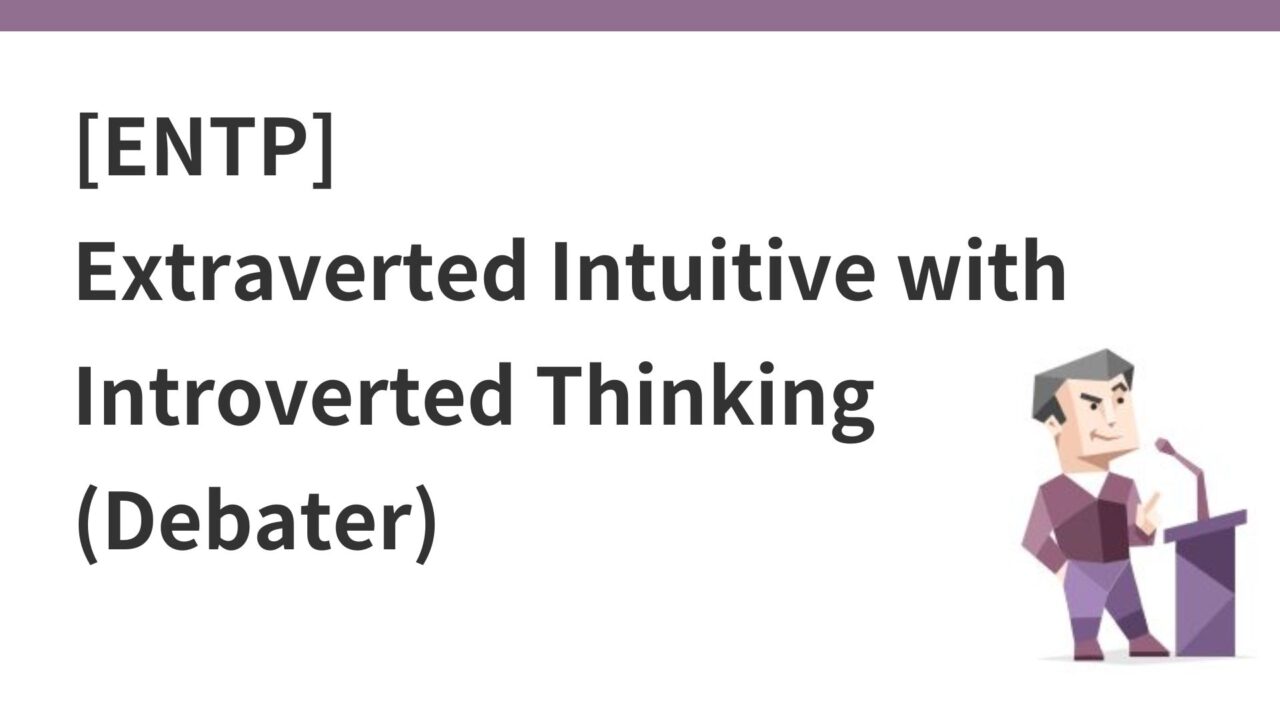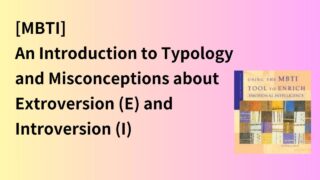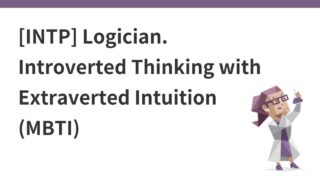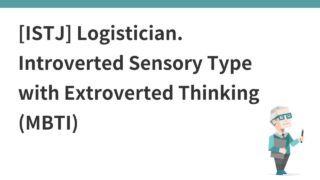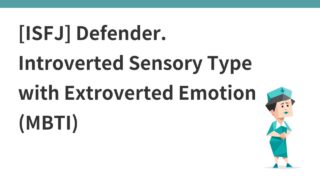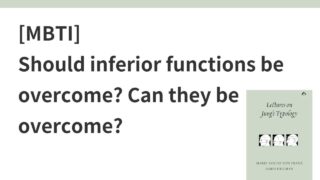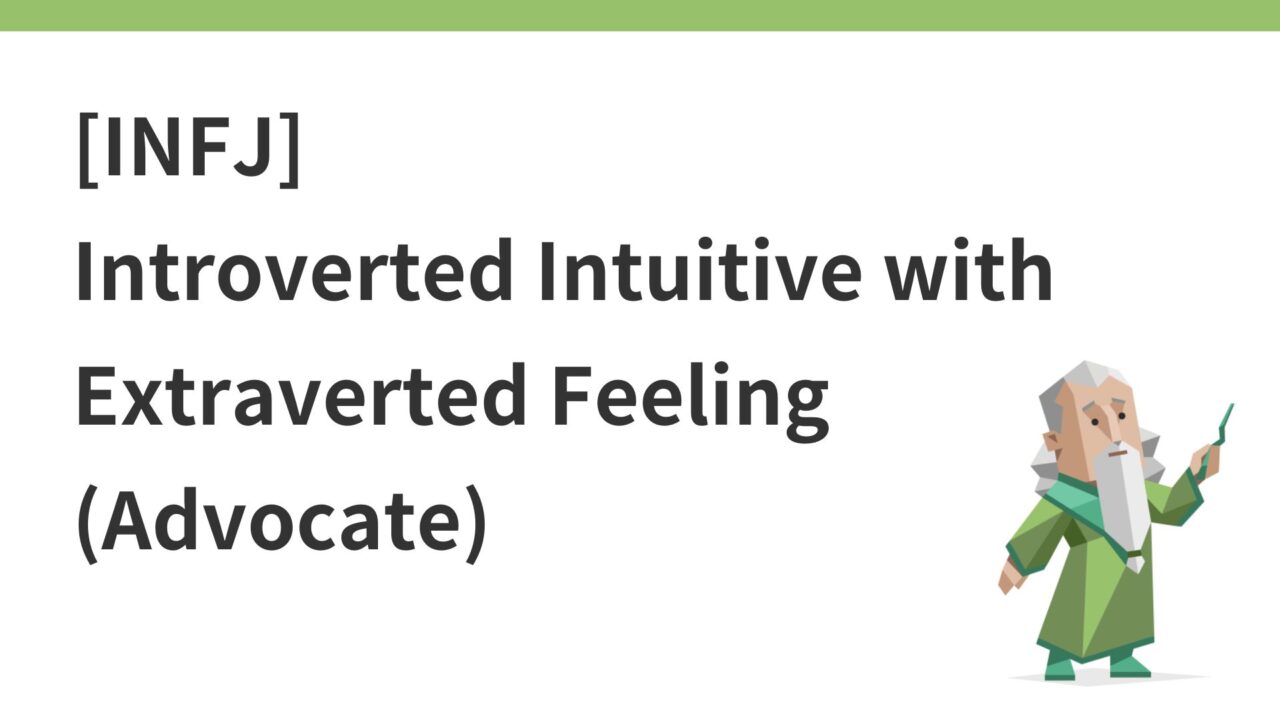- Introduction.
- Public Impressions of ENTPs
- Ne-Ti: Extroverted intuitive type with introverted thinking
- Difference between ENTP and INTP
- Impression of ENTP’s surroundings: argumentative
- To strengthen the introverted sense of inferior function (Si)
- Communication characteristics: fast-talking, quick-witted
- Reactions during stress and points for improvement
Introduction.
I will summarize the following perspectives on each MBTI personality type.
- Characteristics of the primary and auxiliary functions and the decision-making process
- Impression to the surroundings
- Inferior Functions and How to Enhance Inferior Functions
- Communication Features
- Reactions during stress and points for improvement
- Communication Styles and Points to Consider
In this issue, we will discuss ENTPs.
Public Impressions of ENTPs
If you Google ENTP, related searches include “ENTJ crazy,” “ENTP bad personality,” “ENTP not interested in others,” “ENTP no friends,” “ENTP toxic tongue,” and “ENTP menswear maker.”
It is quite a terrible thing to be told.
The “debaters” include Edison, Tom Hanks, Hiroyuki, and Yoichi Ochiai, to name a few.
Ne-Ti: Extroverted intuitive type with introverted thinking
The cognitive functions of ENTPs, in order of development, are as follows
- Primary function (the function you are most aware of): extroverted intuition (Ne)
- Auxiliary functions (functions that function well but are difficult to notice by themselves): introverted thinking (Ti)
- Third function: extraverted affect (Fe)
- Inferior function: introverted sensation (Si)
The following is a brief description of how each cognitive function affects an individual’s perception and behavior.
| cognitive function | Inward (i) | Outgoing (e) |
| Intuition (N) | Pattern recognition – inner insights and future predictions | Explore new possibilities – ideas and abstract concepts |
| Thinking (T) | Logical analysis – building internal theories and organizing thoughts | Objective judgment – decision making for efficiency and fairness |
| Emotion (F) | Deep empathy – a deep understanding of personal feelings and values | Social harmony – forming emotional connections with others |
| Sensation (S) | Details of reality – reflection of inner concrete memories and experiences | Actual experience – direct interaction and action with the outside world |
ENTP is a process of using introverted thinking (Ti) to make decisions based on extroverted intuition (Ne).
Ne-Ti: Brushes up its own theory through dialogue with the outside world.
Extroverted intuition (Ne): search for new possibilities
Extroverted intuition is the strongest function in ENTP, meaning that it continues to explore new ideas and possibilities. When exploring new ideas and possibilities, we actively engage with the outside world. Specifically, this includes frequent dialogue with people of different backgrounds and values, reading, movies, and travel. Through such engagement with the outside world, we gain new inspiration.
Introverted thinking (Ti): logical analysis and structuring
As an auxiliary function, introverted thinking is responsible for analyzing the many ideas proposed by Ne and organizing them in an internal logical framework; ENTP uses this function to evaluate the utility of ideas and to seek theoretical coherence.
Difference between ENTP and INTP
Both ENTPs and INTPs have extroverted intuition (Ne) and introverted thinking (Ti) as their primary cognitive functions, but the priority of these functions differs, resulting in different directions of thought and styles of behavior.
INTPs tend to think inwardly, digging deeply into and analyzing individual facts and data to quietly build their own theories and models. ENTPs, on the other hand, take an extroverted and sociable approach, actively sharing ideas and participating in new projects, and seeking to develop their own theories through dialogue with others. Both are the same in that they both construct their own theories as a result.
Impression of ENTP’s surroundings: argumentative
ENTPs with the major cognitive functions described above, extroverted intuition (Ne) and introverted thinking (Ti), are likely to give the following general impressions.
- Innovative and Creative: ENTPs are rich in new ideas and creative solutions. Because they are not bound by convention and are always coming up with new ways of doing things and improvements, they are often seen by others as innovative and creative.
- Argumentative and Challenging: ENTPs who enjoy thinking deeply about a variety of topics and discussing them are often seen as argumentative and someone who enjoys intellectual challenge. They often provoke discussion to test their ideas, which may be seen as challenging by others.
- Adaptable: ENTPs are more likely to be considered flexible and adaptable because of their ability to adapt quickly to changing circumstances.
- Independent-minded: They value freedom and prefer to act independently, and are perceived by those around them as independent personalities. They are confident in pursuing their own path and are not easily influenced by others.
- Non-traditional: Because they challenge existing rules and practices and often take a non-traditional approach, ENTPs are often seen as innovators who follow their own path.
I know several ENTPs, and they are so quick-witted and fast-talking that it seems as if their thoughts and mouths are one. I guess they organize their thoughts by expressing them outwardly as words. I do not get the impression that he thinks things over inside himself before speaking. He is indeed a very eloquent speaker.
Also, he basically likes to spark arguments (or rather, he can’t seem to resist the urge to express his own opinion) and enjoys a contentious and chaotic situation. However, he is easily bored, or his interest quickly shifts to other topics, so the topic of conversation changes from one drinking session to the next. Basically, he is self-confident and positive.
Personally, of the 16 types, ENTP is the most obvious. Ah, indeed! It would be.
To strengthen the introverted sense of inferior function (Si)
The inferior function, introverted sensation (Si), is relatively the least developed.
The introverted sense is “a brain function that focuses on past experiences and concrete facts. It judges situations based on data and experiences accumulated over time and uses them as a basis for future decisions. People who have a strong function in this function tend to have a good memory and to act in a stable manner based on past experiences.
Building Routines
Begin by introducing simple routines into your daily life. For example, getting up at the same time every morning, exercising at the same time several times a week, and other small habits are effective.
Record of past experience
Consciously utilize your sense of introversion by keeping a journal or setting aside time to reflect on past events. This will help them understand how past learnings and experiences influence current decisions.
Attention to detail
Practice paying attention to detail through projects and tasks. For example, you might research specific data and facts in detail for a work project and then make a plan based on that information.
Incidentally, the types in which this sense of introversion (Si) is most developed are ISFJs and ISTJs; ISFJs and ISTJs often act with reliability and responsibility, respecting social norms and traditions.
For ENTPs, who tend to seek change and prioritize new experiences, the ISFJ’s and ISTJ’s respect for stability and continuity may be helpful and helpful in striking a balance.
Communication characteristics: fast-talking, quick-witted
- Idea-oriented: Very interested in new ideas and possibilities and enjoy exploring these in conversation. Often proposes different viewpoints and alternatives to stimulate discussion.
- Likes to debate: ENTPs like intellectual discussion and seek debate with others to test their ideas and theories. They often generate stimulating and challenging conversations.
- Adaptive: ENTPs’ extroverted intuition has the ability to adapt quickly to new information and situations. This allows ENTPs to quickly grasp the flow of a conversation and successfully change direction.
- Frank and direct: ENTPs tend to state clearly what they think, sometimes too frankly and directly without regard for the feelings of others.
- Mingle humor: ENTPs enjoy communication and often use humor to lighten the conversation; ENTPs’ humor is often quick-witted and insightful.
- Prefer Logic over Emotion: Due to the influence of introverted thinking, ENTPs value logic over emotion. They tend to prefer logical arguments based on facts and theories over emotional approaches.
- Because of their quick response and first-to-criticize style, they often do not show compassion or care for others.
- Reads the air, but does not always check the interpretation of others’ mental gear shifting in their relationships with others
My impression is that he is exactly the type of person for whom “quick-wittedness” suits him. He plays a very active role as an emcee or MC in communication, making the most of his on-the-spot tact. Even if an accident happens, he/she will not only keep the situation in good order but will even take advantage of the accident and turn it in a positive direction.
Reactions during stress and points for improvement
When ENTPs are exposed to stress, their primary function, extroverted intuition (Ne), may be over-expressed, or introverted senses (Si), which are usually underused, may surface, causing a series of typical reactions.
Reactions under stress
- Excessive Idea Divergence: with an overactive extroverted intuition (Ne), ENTPs may begin to pursue a myriad of possibilities and alternatives, and may cling to ideas that are not really feasible. This can result in a distraction from actual problem-solving.
- Excessive focus on details: when normally unused introverted sensations (Si) surface, ENTPs may begin to fixate on past failures and negative experiences. This is usually a very uncomfortable experience for the ENTP and can further exacerbate stress.
- Increased skepticism and criticism: When under increased stress, ENTPs may become more critical or aggressive than usual, which can cause conflict with those around them. They become skeptical of other people’s opinions and suggestions and try to mercilessly dismiss what they perceive as unreasonable.
Key Points for Improvement
- Specific Goal Setting: Instead of jumping into too many ideas and projects, it helps to set actionable and specific short-term goals. This will help you maintain focus and manage your actions more effectively.
- Keep a journal: by documenting past experiences and current feelings, you can find a healthy way to express your sense of introversion (Si). This helps to deepen self-understanding and deal effectively with negative emotions.
- Have creative hobbies: devoting time to artistic activities and hobbies can provide a healthy outlet for creative energy.
